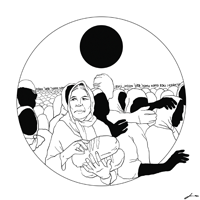EVENT ANNOUNCEMENT: Round table: Public opinion without the public in the courtroom
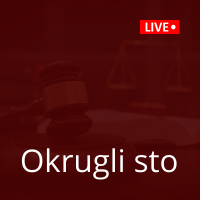
 The Humanitarian Law Center (HLC) and the daily newspaper “Danas” invite you to a round table “Public opinion without the public in the courtroom” where a policy paper “Public Relations of Institutions Responsible for War Crimes Cases in the Republic of Serbia: Analysis of Key Issues and Improvement Recommendations” and the Public opinion poll on “The Awareness of Serbian Citizens about the Wars and War Crimes of the ‘90s, and War Crimes Trials” will be presented. On this occasion, the findings on the implementation of the National Strategy for the Prosecution of War Crimes during 2020 will also be presented.
The Humanitarian Law Center (HLC) and the daily newspaper “Danas” invite you to a round table “Public opinion without the public in the courtroom” where a policy paper “Public Relations of Institutions Responsible for War Crimes Cases in the Republic of Serbia: Analysis of Key Issues and Improvement Recommendations” and the Public opinion poll on “The Awareness of Serbian Citizens about the Wars and War Crimes of the ‘90s, and War Crimes Trials” will be presented. On this occasion, the findings on the implementation of the National Strategy for the Prosecution of War Crimes during 2020 will also be presented.






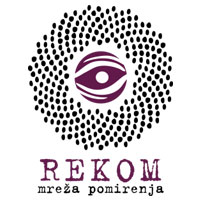
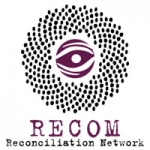 On December 21 and 22, the RECOM Reconciliation Network and Humanitarian Law Center are organising the XIII Forum for Transitional Justice in post-Yugoslav Countries.
On December 21 and 22, the RECOM Reconciliation Network and Humanitarian Law Center are organising the XIII Forum for Transitional Justice in post-Yugoslav Countries.



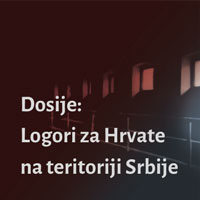
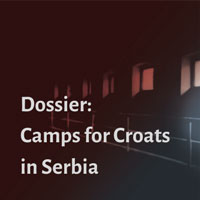 On November 18, 1991, after a three-month siege of the city, the Yugoslav Peoples’ Army (JNA) took over Vukovar with the assistance of the Serbian Territorial Defence Forces (TO) and military volunteer units. Upon occupying the city, a large number of members of the Croatian forces, as well as civilians, were captured by the JNA, including the wounded, women, minors and elderly people.
On November 18, 1991, after a three-month siege of the city, the Yugoslav Peoples’ Army (JNA) took over Vukovar with the assistance of the Serbian Territorial Defence Forces (TO) and military volunteer units. Upon occupying the city, a large number of members of the Croatian forces, as well as civilians, were captured by the JNA, including the wounded, women, minors and elderly people.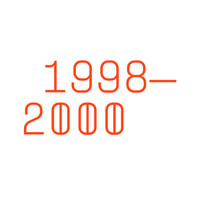
 Exhibition Once upon a time and never again is displeyed in Documentation Center Kosovo, which is managed by Humanitarian Law Center Kosovo (HLCK), in memory of 1133 children killed as a result of war in Kosovo 1999-2000. Due to coronavirus pandemic exchibtion will not be shown in Belgrade, therefore virtual tour has been created.
Exhibition Once upon a time and never again is displeyed in Documentation Center Kosovo, which is managed by Humanitarian Law Center Kosovo (HLCK), in memory of 1133 children killed as a result of war in Kosovo 1999-2000. Due to coronavirus pandemic exchibtion will not be shown in Belgrade, therefore virtual tour has been created.
